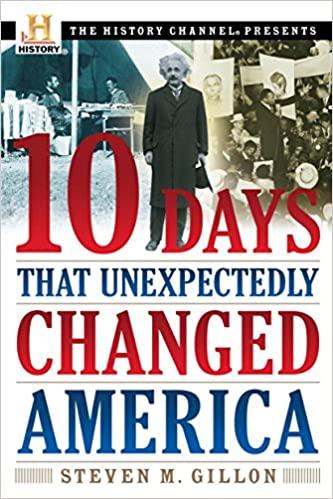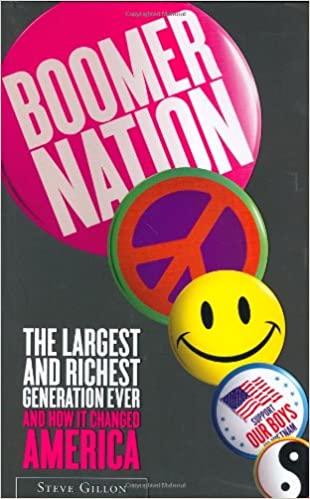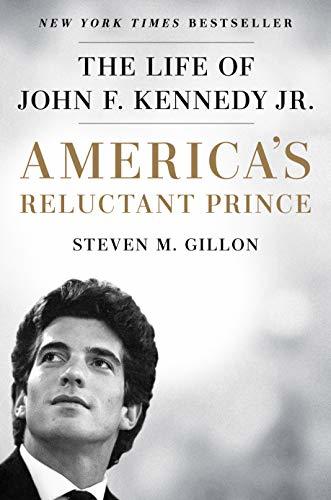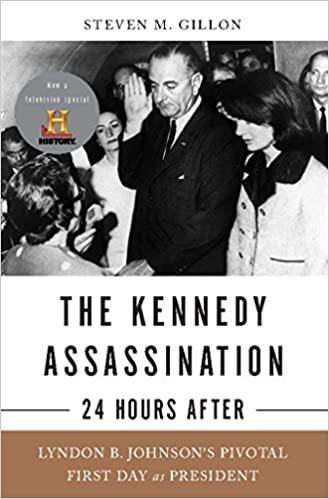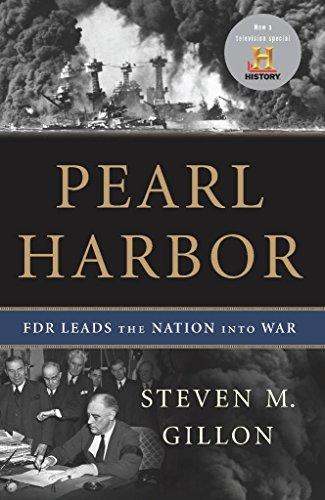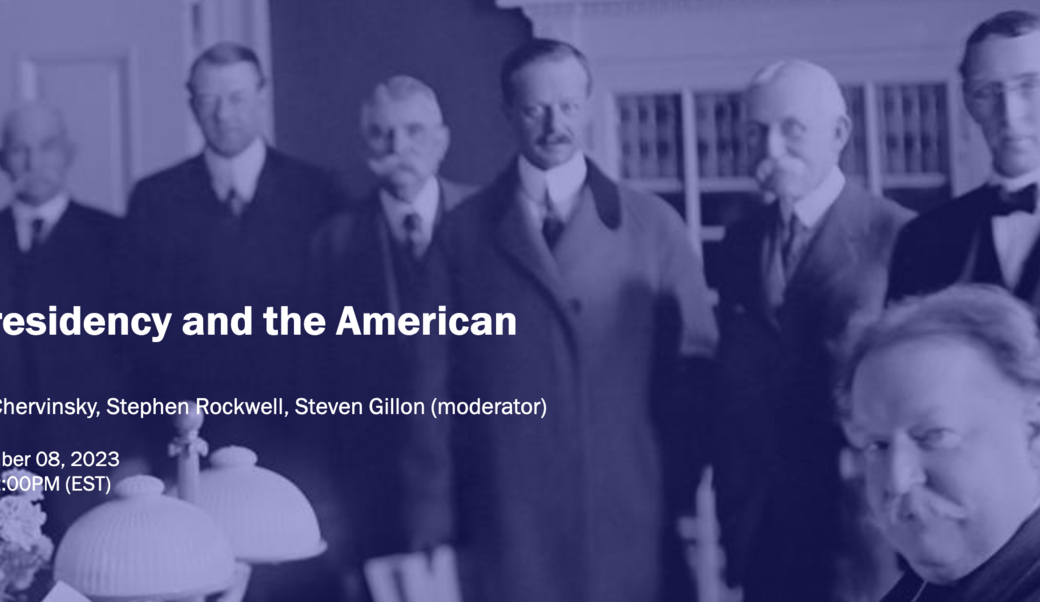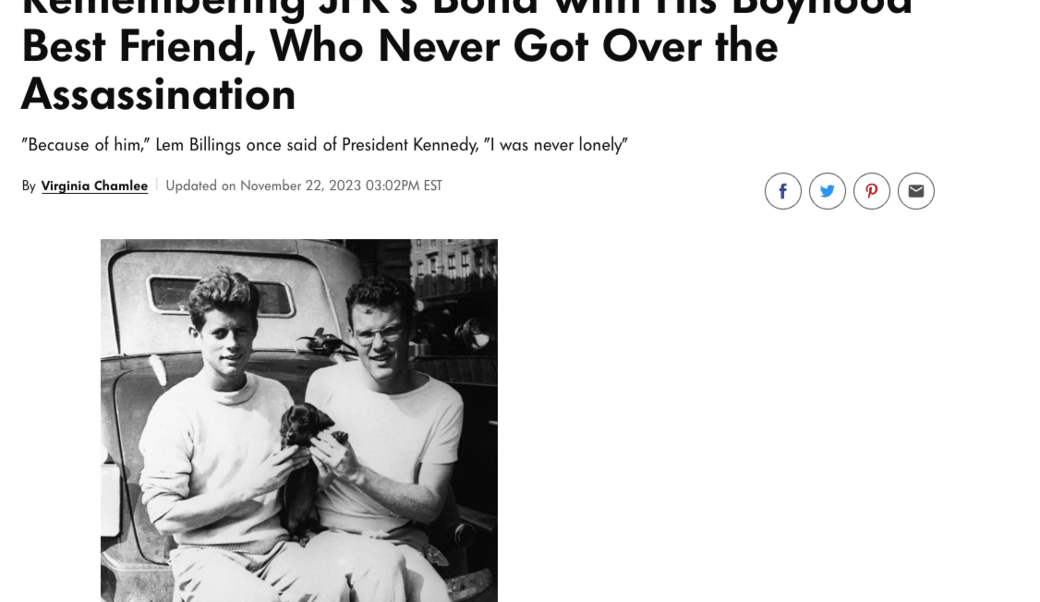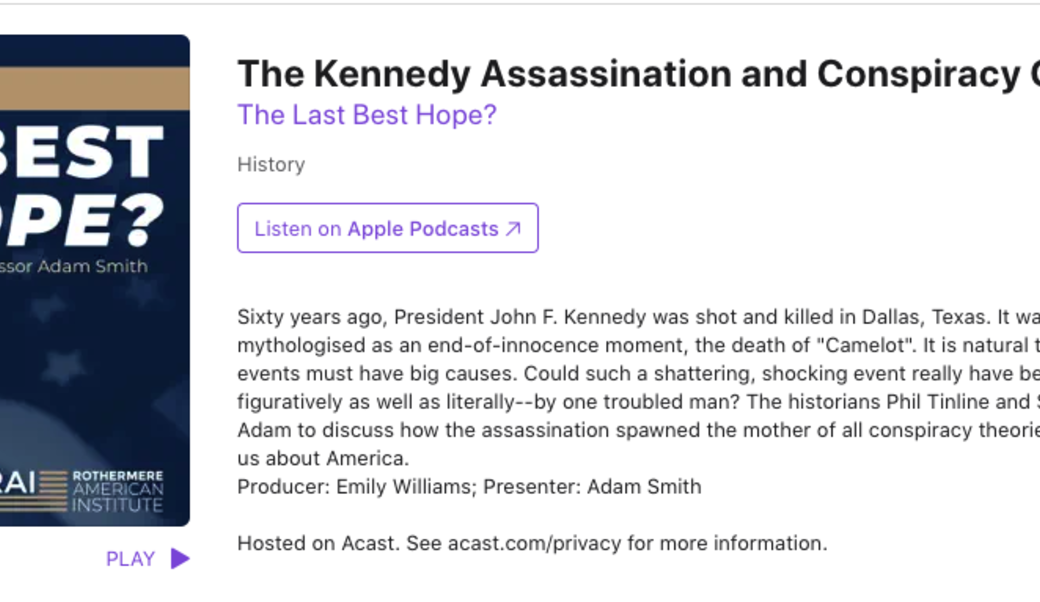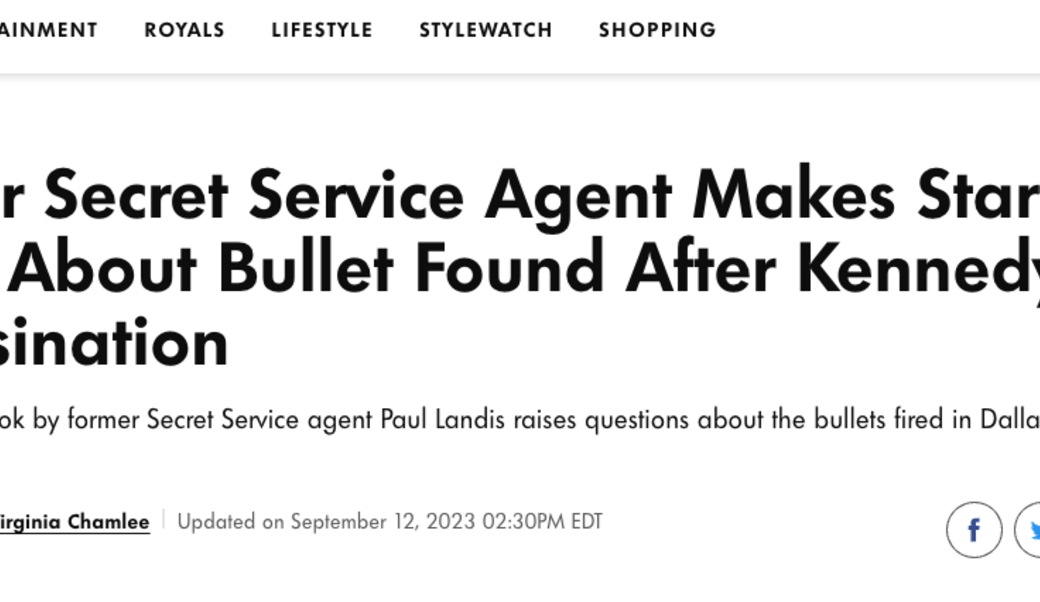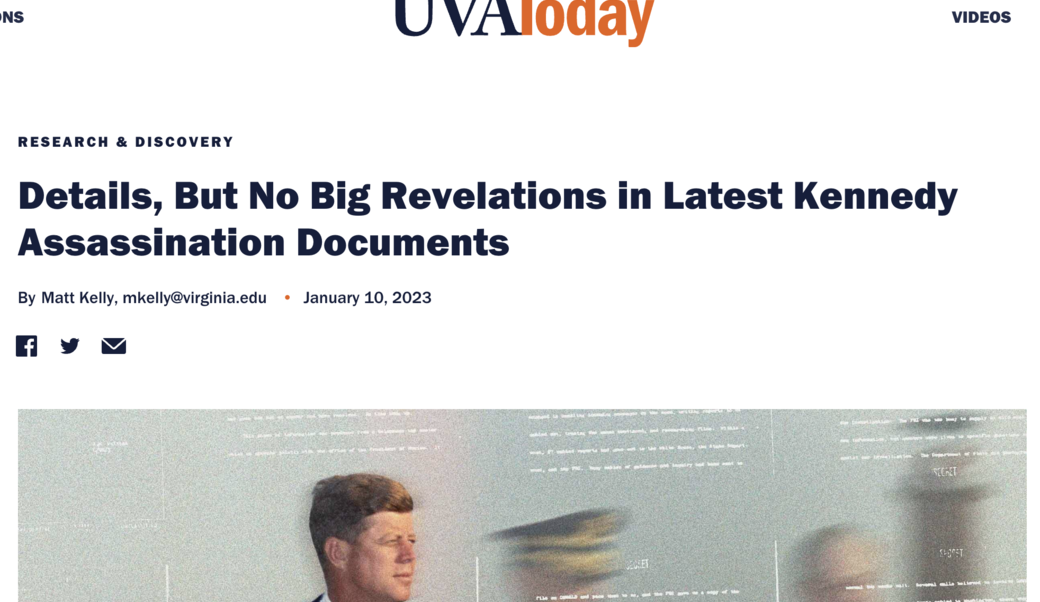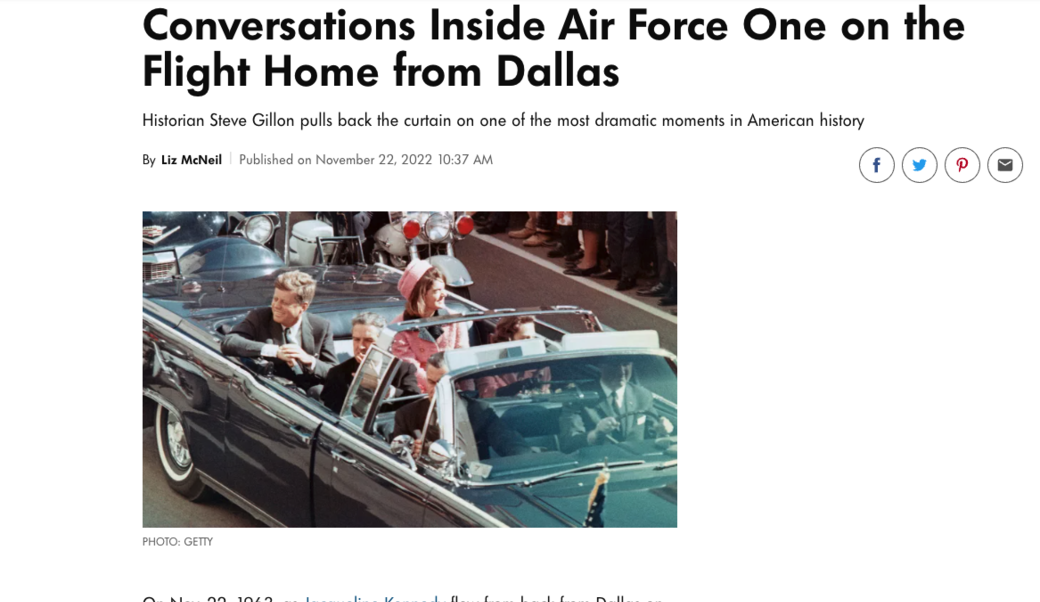Fast Facts
- Former Scholar-in-Residence at The History Channel
- Written or edited nearly a dozen books
- Professor emeritus, University of Oklahoma
Areas Of Expertise
- Governance
- Leadership
- Political Parties and Movements
- Politics
- The Presidency
Steven Gillon is the former Scholar-in-Residence at The History Channel and emeritus professor of history at the University of Oklahoma.
Gillon received his BA in history from Widener University, where he graduated summa cum laude with honors in history. He was named the recipient of the faculty prize for maintaining the highest undergraduate GPA. He went on to earn his MA and PhD in American civilization from Brown University, where he was elected to Phi Beta Kappa. After receiving his PhD, Gillon spent nine years teaching history at Yale University, where he won the prestigious DeVane Medal for outstanding undergraduate teaching. In 1994, he accepted a position as University Lecturer in modern history at Oxford University. Three years later, he returned to the United States at the invitation of the president of the University of Oklahoma to become the founding dean of a new Honors College.
Gillon is one of the nation's leading experts on modern American history and politics. He has written or edited nearly a dozen books including the New York Times e-book bestseller, The Pact: Bill Clinton, Newt Gingrich, and the Rivalry that Defined a Generation (Oxford 2008). Among his many other books are: Boomer Nation: The Largest and Richest Generation and How it Changed America (Free Press 2004); 10 Days that Unexpectedly Changed America (Three Rivers 2006); Pearl Harbor: FDR Leads the Nation into War (Basic 2011); That’s Not What We Meant to Do: Reform and Its Unintended Consequences in Twentieth-Century America (W.W. Norton, 2000); The Democrats' Dilemma: Walter F. Mondale and the Liberal Legacy (Columbia University, 1992); and Politics and Vision: The ADA and American Liberalism, 1947-1985 (Oxford 1987). Gillon's next book, Presidents at War, will be released in early 2025.
Gillon's articles have appeared in both academic journals and popular newspapers, including the Los Angeles Times, New York Daily News, Washington Post, Chicago Tribune, and Boston Globe. He is a frequent contributor to the Huffington Post. He has made appearances on NBC’s Today Show, ABC’s Good Morning America, CNN, MSNBC, and Fox News as a commentator and expert on issues related to modern American history.
Over the past decade, Gillon has hosted a number of shows on The History Channel, including the network's flagship public affairs program, HistoryCenter. He has also hosted Our Generation, History vs. Hollywood, and Movies in Time. His last three books have been turned into prime time documentaries on the network: The Kennedy Assassination 24 Hours After, Pearl Harbor: 24 Hours After, and Lee Harvey Oswald: 48 Hours to Live.
In addition to his scholarly and television work, Gillon has served as a historical consultant for a number of prominent organizations. He was the chief historian for the Woodstock Museum in Bethel, New York. He spent two years as a consultant to News Corp CEO Rupert Murdoch. In 2013, AARP chose him as one of ten “Thought Leaders” in the United States on issues related to the aging of the Baby Boom generation.

